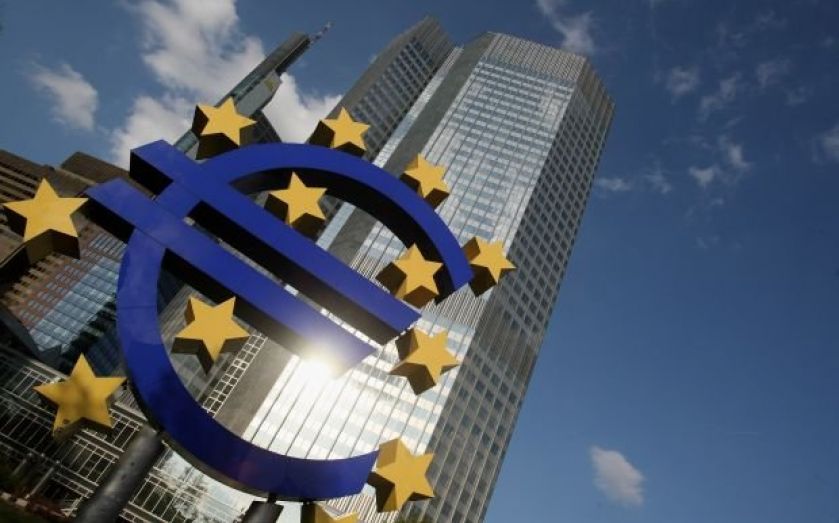ECB official Peter Praet hints at quantitative easing amid falling oil prices

The European Central Bank's (ECB) chief economist has hinted quantitative easing could be on the way, as plunging oil prices threaten to derail price expectations in the embattled eurozone.
Peter Praet told German Newspaper Boersen-Zeitung the glut in global oil supply meant inflation rates were likely to remain negative throughout "a substantial part of 2015", something the central bank cannot "simply look through".
Against this bleak backdrop the central bank's arsenal of tools may not be enough, he warned. To date, Frankfurt has slashed interest rates to record lows, increased the availability of cheap bank loans and is also buying up unsecured private debt.
Peter Praet said in the interview, which was conducted on 11 December and published today:
If we had some interest rate margin left, there would have been a unanimous decision to cut rates.
If I were willing to cut rates if that had been possible, then I should not be paralysed by the fact that the only option is to buy sovereign bonds.
Quantitative easing, whereby the ECB would pump money into the eurozone by buying government bonds, is widely expected to be discussed at the next meeting on 22 January.
It is thought ECB governor Mario Draghi will fight for the policy, but he faces strong opposition from Germans such as Jens Weidmann, a governing council member and the president of Germany's central bank.
Proponents argue that without more monetary stimulus the eurozone risks slipping into a period of deflation which would hurt already anaemic growth. Yet critics believe it will slow the pace of financial reform in some eurozone countries and increase the amount of risk shared.
Eurozone inflation is currently 0.3 per cent, well below the central bank's target of just under two per cent.